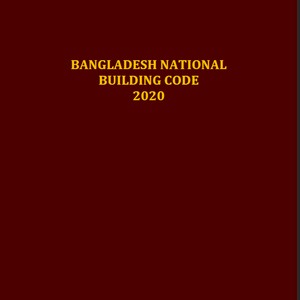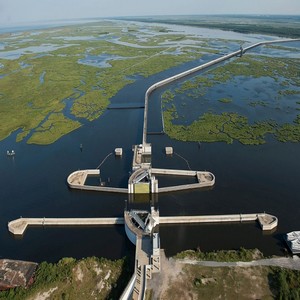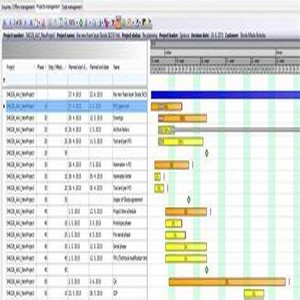
Download Bangladesh National Building Code 2020
Download Bangladesh National Building Code 2020
Introduction
The Bangladesh National Building Code (BNBC) plays a crucial role in promoting sustainable development and ensuring the safety and well-being of its citizens. In this blog post, we will delve into the significance of the BNBC, its key features, and how it contributes to the construction industry in Bangladesh.
Background of the Bangladesh National Building Code
The BNBC was first introduced in 1993 and has since undergone revisions to align with the changing needs of the construction industry. It provides guidelines, standards, and regulations for the design, construction, and maintenance of buildings in Bangladesh. The BNBC covers various aspects, including structural safety, fire protection, electrical systems, plumbing, and ventilation, among others. It aims to ensure that buildings are constructed in a safe, sustainable, and environmentally friendly manner.
Promoting Safety and Resilience
One of the primary objectives of the BNBC is to ensure the safety and resilience of buildings, especially in the face of natural disasters such as earthquakes, floods, and cyclones that frequently affect Bangladesh. The code incorporates seismic design provisions to enhance the structural integrity of buildings and protect them from earthquake-induced damage. It also addresses fire safety measures, including fire-resistant construction materials, emergency exits, and fire suppression systems.
Emphasizing Sustainability
In recent years, sustainability has become a global priority, and the BNBC recognizes its significance in the construction sector. The code promotes energy-efficient building design and encourages the use of renewable energy sources. It provides guidelines for incorporating sustainable practices such as rainwater harvesting, waste management, and green building materials. By adopting these measures, the BNBC contributes to reducing environmental impact and mitigating climate change.
Enhancing Urban Planning and Infrastructure
The BNBC not only focuses on individual buildings but also emphasizes urban planning and infrastructure development. It provides guidelines for site selection, setback requirements, and road networks to ensure efficient land use. By considering the broader context of urban development, the BNBC helps create well-planned and integrated communities.
Strengthening Construction Industry Standards
The BNBC plays a pivotal role in maintaining and improving construction industry standards in Bangladesh. By establishing clear guidelines and regulations, it enhances the quality of construction projects and promotes professionalism within the industry. Compliance with the BNBC ensures that buildings are constructed to meet specific safety and quality standards, ultimately safeguarding the interests of both builders and occupants.
Conclusion
The Bangladesh National Building Code (BNBC) serves as a vital tool for ensuring the safety, sustainability, and resilience of buildings in Bangladesh besides international building codes. Its comprehensive guidelines and standards contribute to the overall development of the construction industry while prioritizing the well-being of citizens. Adherence to the BNBC plays a significant role in creating a better and more resilient built environment.









